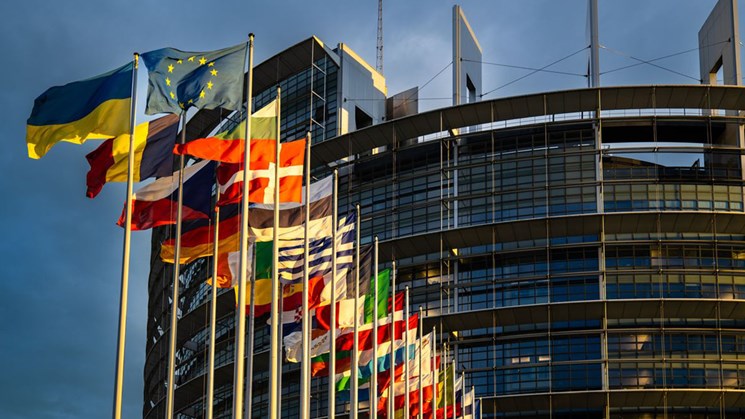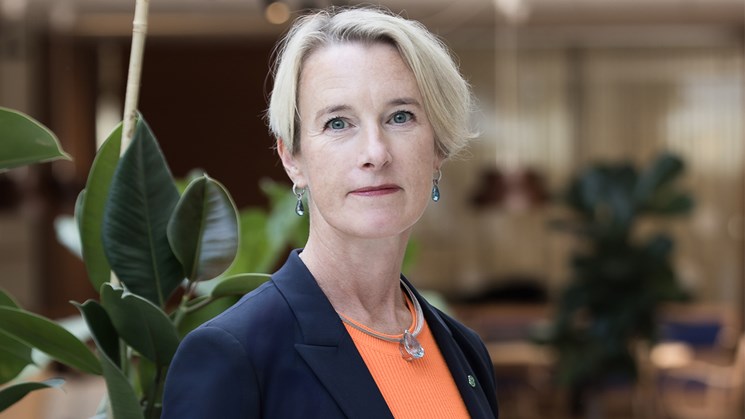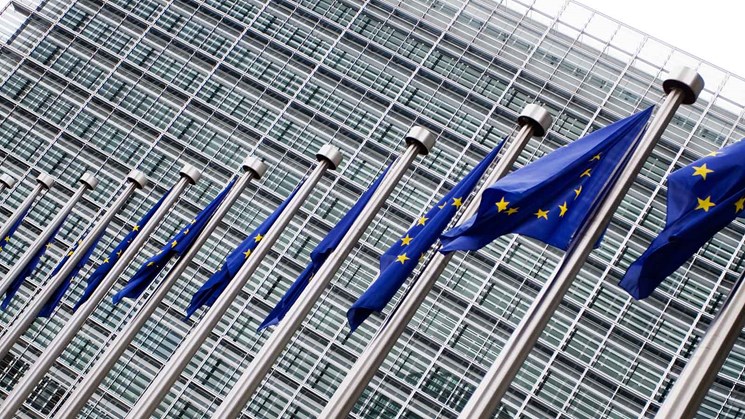Statistics
Statistics about the forest and forest industry in Sweden and the world.

The reform preserves the regulation’s vital purpose – combating global deforestation – while making the rules simpler and more proportionate

SFIF welcomes an ambitious intermediate climate target for 2040 and realistic principles for achieving it.

The European Commission has released the new Strategic Framework for a Competitive and Sustainable EU bioeconomy.
Storgatan 19
Stockholm
Box 55525, 102 04 Stockholm, Sweden
+46 (0)8-762 72 60
We use cookies to improve your browsing experience
Privacy policy